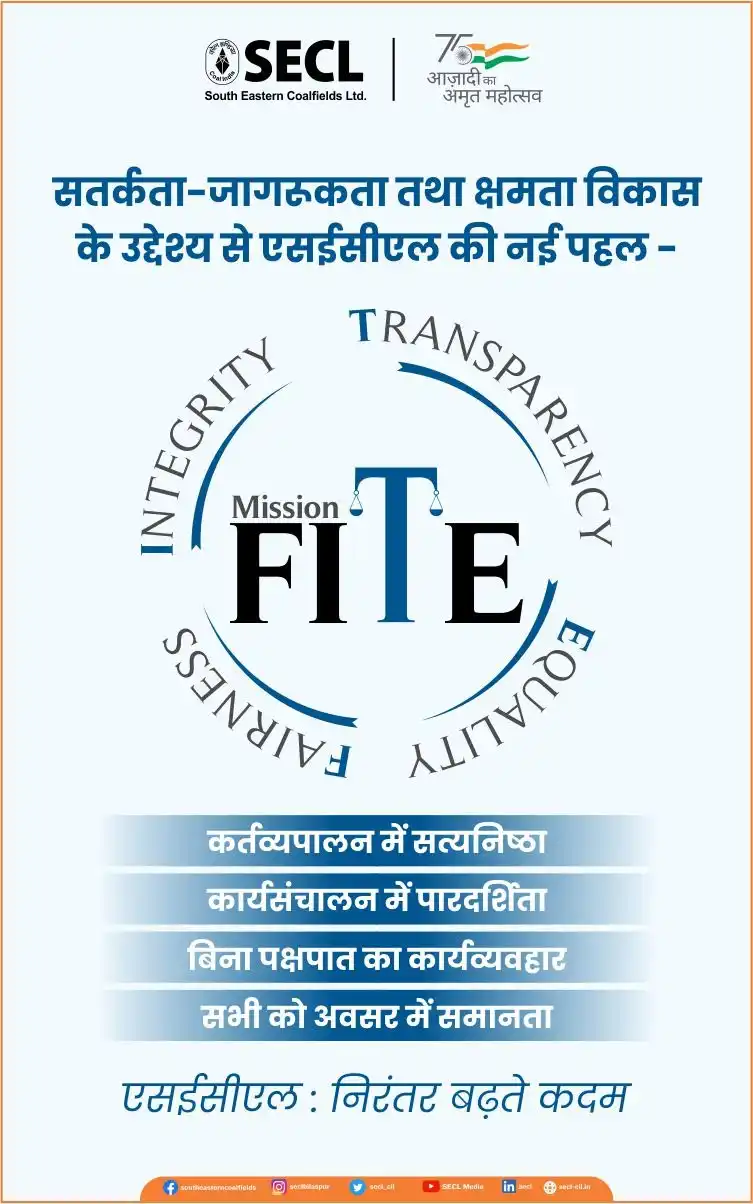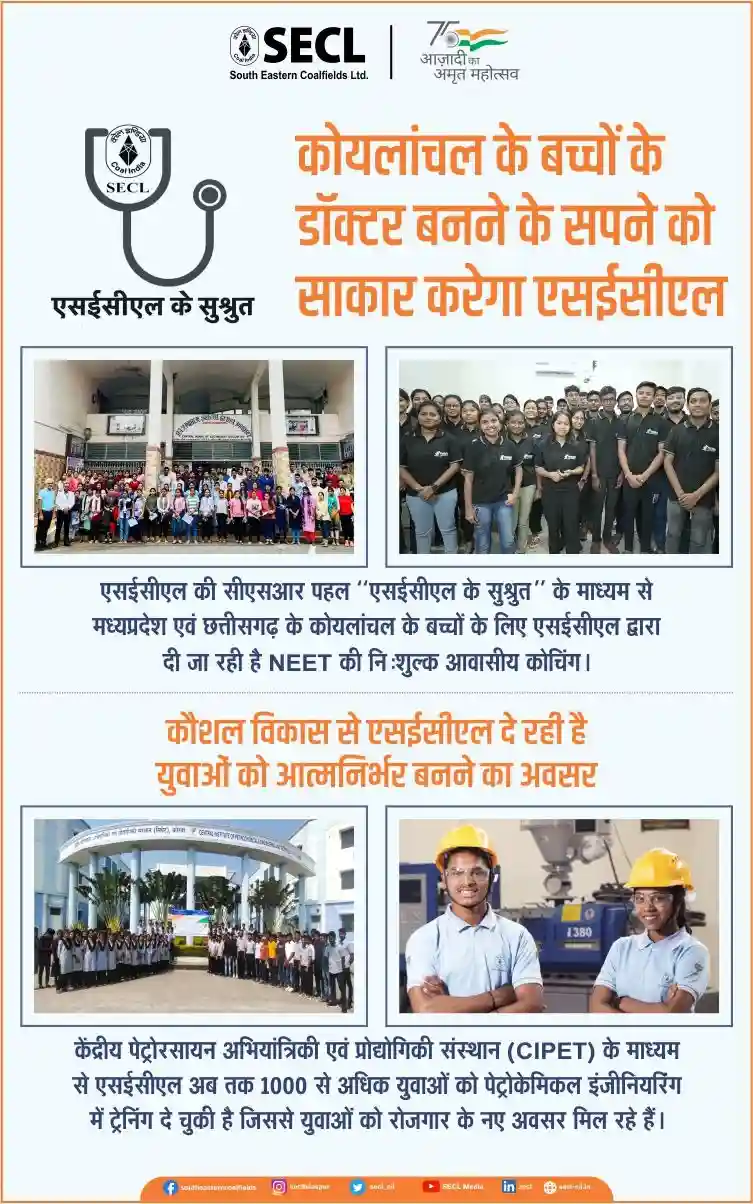Union Minister for Road Transport and Highways, Nitin Gadkari announced that the Government is constructing the world’s longest highway, the Delhi-Mumbai Express highway. The work on the eight-lane Delhi-Mumbai Expressway, a 1,380 km road will be completed by March 2023.
The Union Minister recently reviewed the progress of work on the Delhi-Mumbai Expressway at Sohna in Haryana, Dausa and Bundi in Rajasthan, Ratlam in Madhya Pradesh.
Delhi-Mumbai Expressway (DME)
The expressway is 1,380 km long and is being constructed for Rs 98,000 crores. The expressway passes through the six states of Delhi, Haryana, Rajasthan, Madhya Pradesh, Gujarat, and Maharashtra.
The foundation stone for the Delhi Mumbai Expressway was laid on 9 March 2019. Out of the 1,380 km, contracts for more than 1,200 km have already been awarded and is under progress.
It will improve the connectivity to economic hubs like Jaipur, Kishangarh, Ajmer, Kota, Chittorgarh, Udaipur, Bhopal, Ujjain, Indore, Ahmedabad, Vadodara, Surat bringing economic prosperity to millions. Further, the road also has the potential of becoming a tourist attraction in near future.
In addition to this, the Expressway will generate annual fuel savings of more than 320 million liters and reduce CO2 emissions by 850 million Kg which is equivalent to the planting of 40 million trees. Over two million trees and shrubs are planned to be planted along the highway.
Other features of the DME include two 8-lane tunnels, one tunneling through Mukundra sanctuary without disturbing the endangered fauna in the region for 4 km, and the second 4 km 8 lane tunnel that will pass through the Matheran eco-sensitive zone.
State level awarded, cost and total length
- 9 km of the total expressway being built at a cost of more than 1,800 crores will pass through Delhi with contracts for 9 kms already awarded
- 160 km of the total expressway being built at a cost of more than 10,400 crores will pass through Haryana with contracts for 130 kms already awarded
- 374 km of the total expressway being built at a cost of more than 16,600 crores will pass through Rajasthan with contracts for all 374 kms already awarded
- 245 km of the total expressway being built at a cost of more than 11,100 crores will pass through Madhya Pradesh with contracts for 245 kms already awarded
- 423 km of the total expressway being built at a cost of more than 35,100 crores will pass through Gujarat with contracts for 390 kms already awarded
- 171 km of the total expressway being built at a cost of more than 23,000 crores will pass through Maharashtra with contracts for 80 kms already awarded
Benefits of DME
Enhancing connectivity: The Delhi-Mumbai expressway will connect Haryana with Rajasthan, Madhya Pradesh, Gujarat, and Maharashtra, thus, smoothening connectivity and reducing travel time not only between Delhi and Mumbai but also between other major cities. The expressway will connect urban centers of Delhi through the Delhi-Faridabad-Sohna section of the corridor along with a spur to Jewar Airport and Jawaharlal Nehru Port to Mumbai through a spur in Mumbai.
Furthermore, it will also promote prosperity and development in the area, according to the Road Transport Minister.
Promote industrial growth: According to the late Sushma Swaraj, the Delhi-Mumbai Expressway will change the future of the Mewat region and will bring it on the industrial map of the country. Furthermore, the late Arun Jaitely had said that the Delhi-Mumbai Expressway will link the two most important freight centres of the country, and will boost economic activity and generate great employment opportunities.
Addresses environmental concerns: With the completion of the projects, air pollution in Delhi NCR will reduce and also solve the problem of traffic jams. Further, reduced traffic congestion will improve the air quality in the city.
Reduce travel time: DME will reduce travel time between Delhi and Mumbai from nearly 24 hours to 12 hours and shorten the distance by 130 km.
The existing Delhi-Mumbai National Corridor is one the busiest routes of the national highways network. It witnesses average traffic of more than 80,000 PCUs per day. The Delhi-Mumbai Expressway will provide an alternative to connect Delhi with Vadodara which on linking up with the proposed Vadodara-Mumbai Expressway, would create seamless connectivity between Delhi and Mumbai and improve the efficiency of this highly trafficked National Corridor.
Development and employment opportunities: The Delhi- Mumbai Expressway will also speed up the development of smart cities alongside generating employment opportunities for the local people. Furthermore, 33 wayside amenities are also proposed to be built on the expressway to provide world-class transport facilities which will generate employment opportunities in the state.
Animal friendly: To minimizing environmental and wildlife impact, the expressway is the first in Asia and only the second in the world to feature animal overpasses to facilitate unrestricted movement of wildlife. The DME will have 3 animal and 5 overpasses with a combined length of 7 km dedicated for unencumbered wildlife movement.
सोशल मीडिया पर अपडेट्स के लिए Facebook (https://www.facebook.com/industrialpunch) एवं Twitter (https://twitter.com/IndustrialPunch) पर Follow करें …














